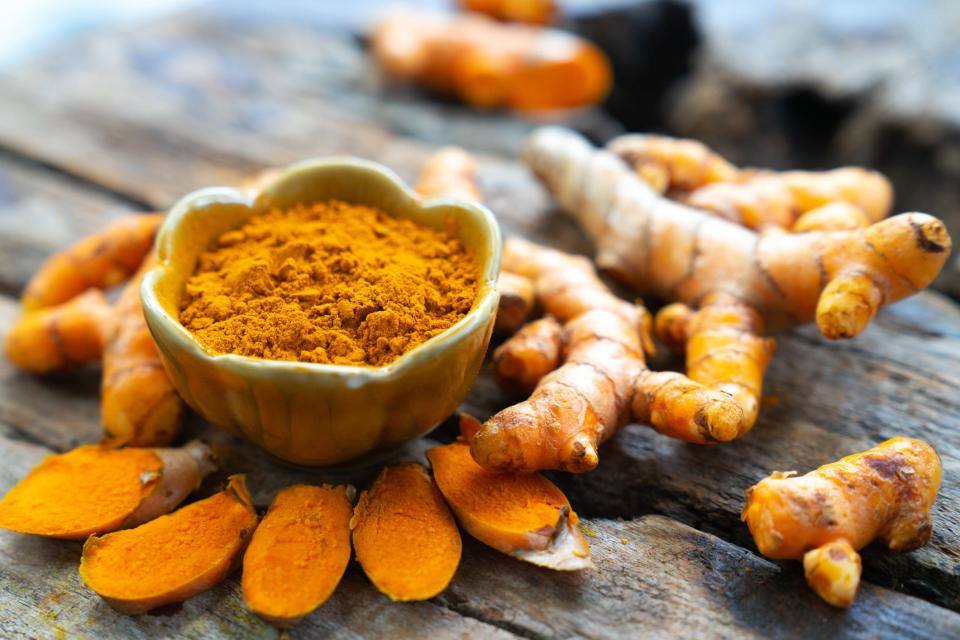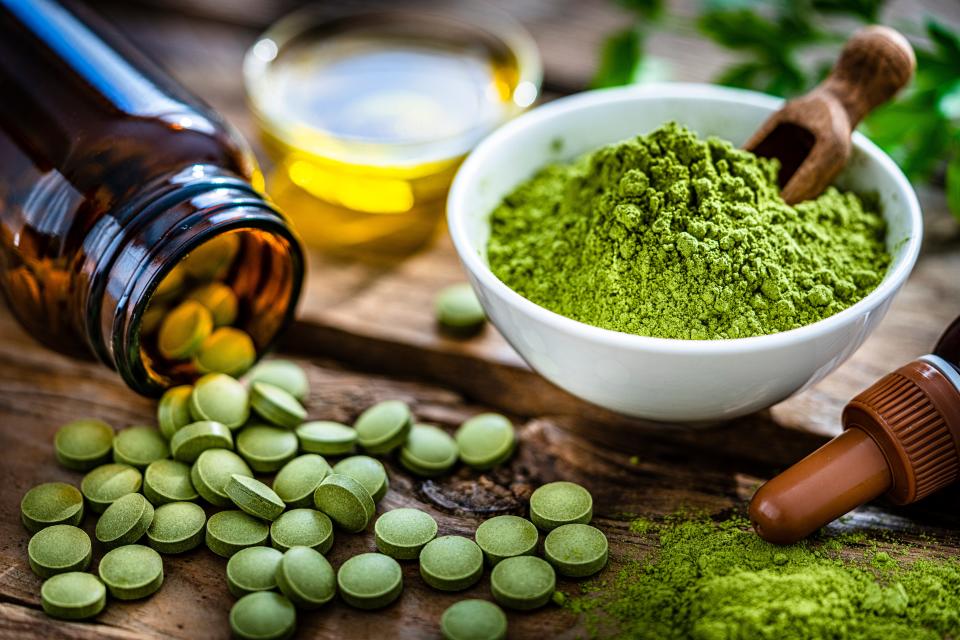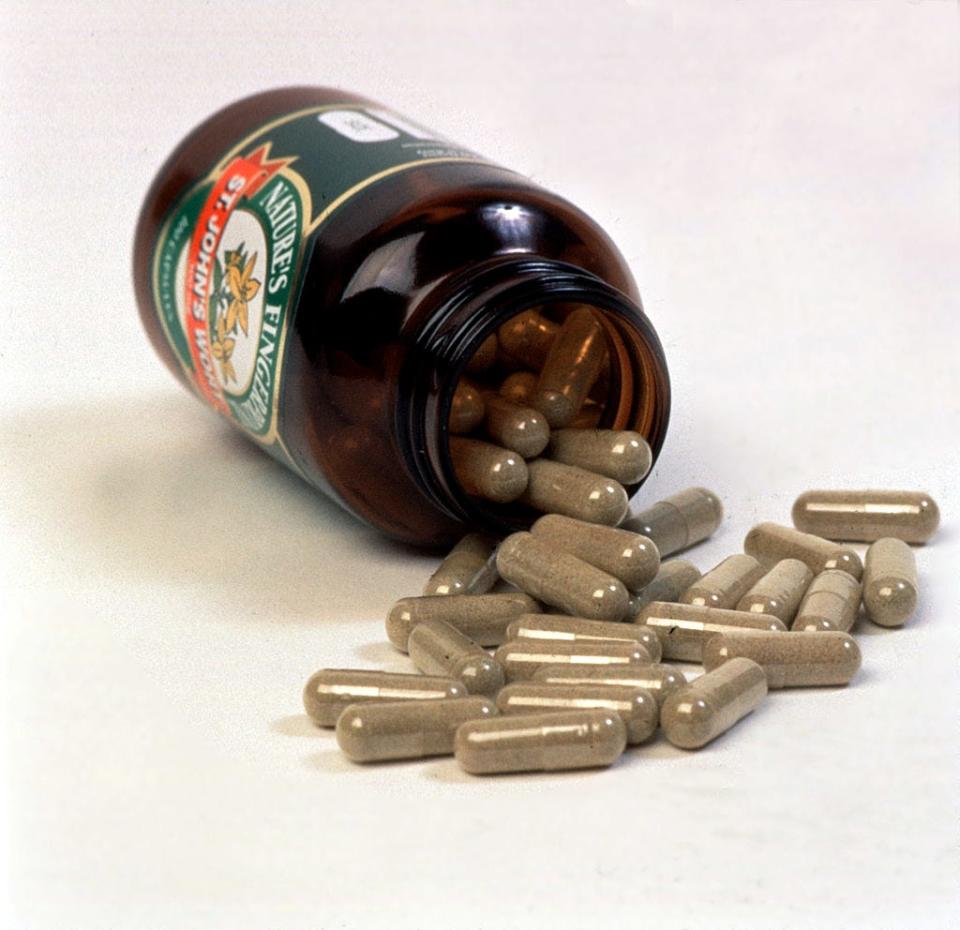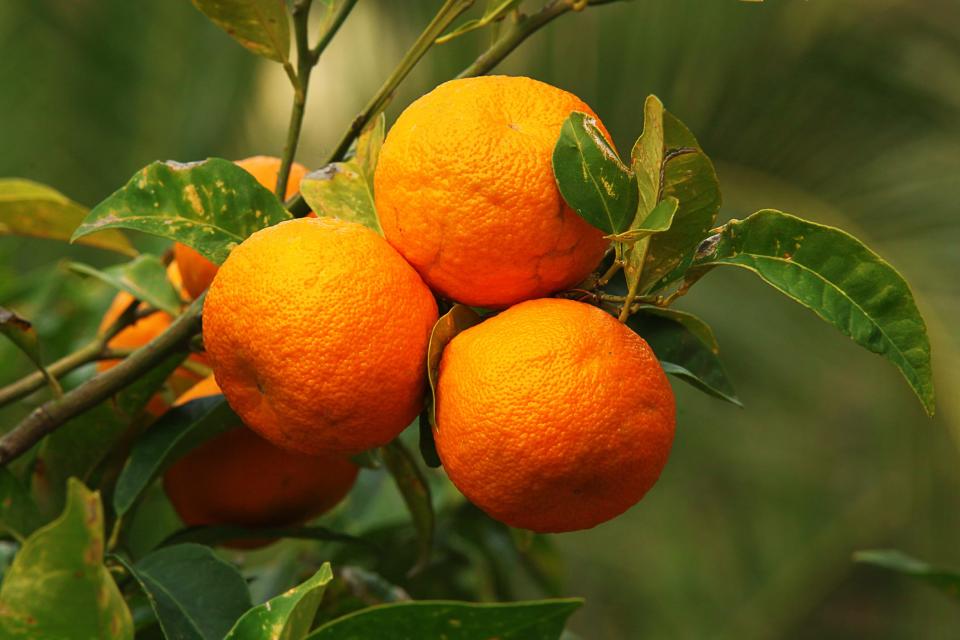4 popular supplements that could be dangerous for your heart, from spikes in blood pressure to heart palpitations
Some supplements can be dangerous for your heart, a cardiologist says.
They can interact with common heart medication, and even trigger heart issues in healthy people.
Turmeric, green tea extract, St. John's Wort, and bitter orange are supplements that should be avoided.
In the United States, cardiovascular disease affects over 127 million adults, and it is a leading cause of death.
Many patients with cardiovascular disease take common medications like blood thinners and blood pressure medication.
Some people looking to improve cardiovascular health even more may also turn to supplements, like turmeric and green tea extract.
But supplements don't always carry the benefits listed on the bottle, and some can be dangerous, especially for people already taking prescription medications.
"It's crazy because you can buy things over the counter that can totally affect the way your medication works," Dr. Danielle Belardo, a cardiologist based in Los Angeles, California, told Insider.
Despite the dangers, Mayo Clinic reports that only 25% of people who take supplements report taking them to their doctor.
Belardo told Insider about four popular herbal supplements that can be dangerous for heart health.
Turmeric

Turmeric has shown some promise in reducing inflammation, including in patients with osteoarthritis. There may be some evidence that it can even slow the growth of cancer cells and be good for heart health.
However, Belardo said that turmeric in high doses can be dangerous.
Not only can it lead to liver damage, but high doses of turmeric can also cause blood-thinning. And if taken with blood thinners, turmeric could cause increased risk of dangerous bleeding, according to the British Heart Foundation.
Belardo said that since herbal supplements aren't strictly regulated by the FDA, there isn't consistency in how they're made, which makes getting high doses a concern. Some supplements may also be contaminated with undisclosed ingredients.
"You don't always know what or how much you're getting," she said, which can make overdosing and drug interactions more common.
Green tea extract

Derived from the same tea leaves used in your favorite matcha latte, green tea extract is thought to increase mental alertness and help with weight loss, according to the NIH.
Some research suggests that drinking green tea or taking green tea extract may be beneficial for heart health as well, according to Cleveland Clinic.
But green tea extract can be risky, especially when taken with other medications, Belardo said.
Caffeine found in green tea extract can sometimes create problems, for example by raising blood pressure, which can be problematic for those who already have high blood pressure.
Excessive caffeine, including through green tea extract, could also lead to heart palpitations, according to Mount Sinai.
St. John's Wort

Popular for its potential to treat mild to moderate depression, St. John's Wort is a yellow-flowered plant that has a long history in traditional European medicine.
But St. John's Wort can interact with numerous medications in potentially dangerous ways, Belardo said.
Two common heart medications that St. John's Wort can have interactions with include digoxin, prescribed to help treat certain arrhythmias and to manage heart failure, and ivabradine, prescribed to help with chronic heart failure, according to the NIH. St. John's Wort can make both of these medications less effective.
Bitter orange

Bitter orange, also known as Citrus aurantium, comes from a tree native to Asia. Bitter orange has become a popular ingredient in bodybuilding and weight-loss products, although it is not yet known whether bitter orange actually helps with either of these goals, according to the NIH.
But bitter orange can harm healthy people, Belardo said. Specifically, bitter orange has been linked to irregular heartbeats, known as arrhythmia.
Bitter orange may also raise blood pressure and heart rate, according to the NIH.
Read the original article on Insider

